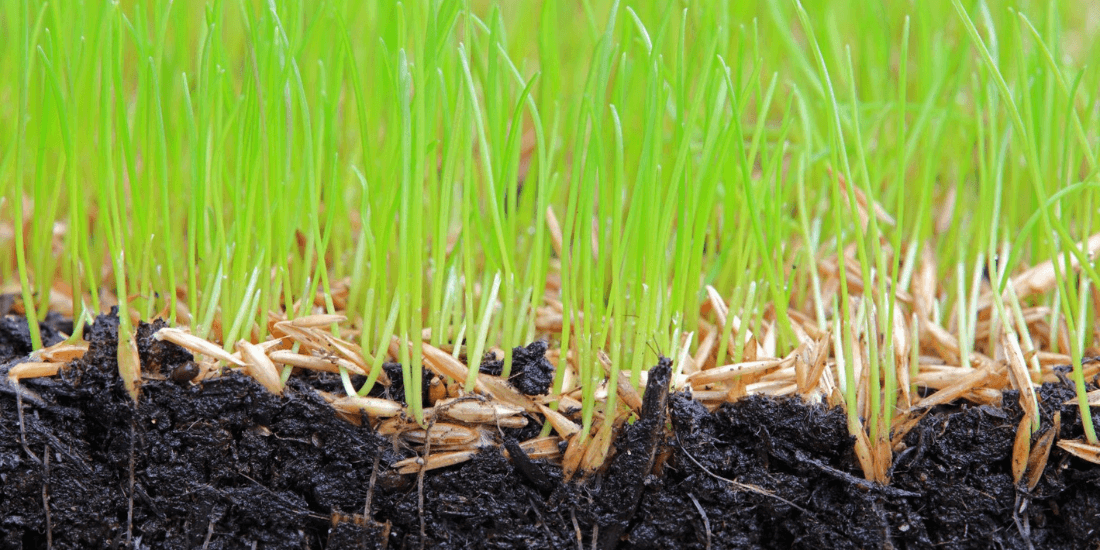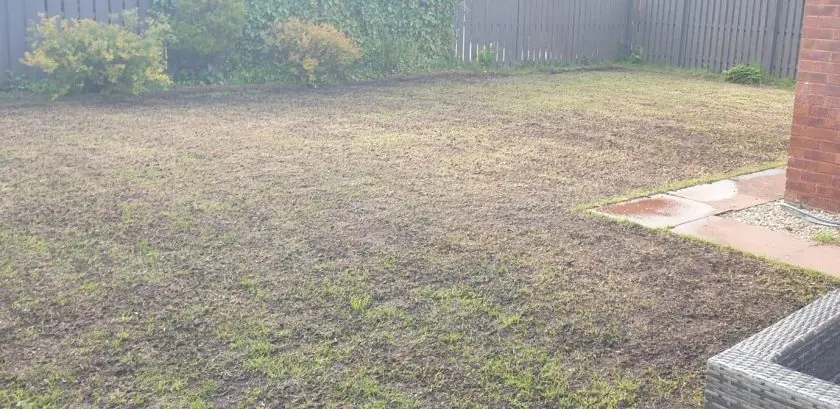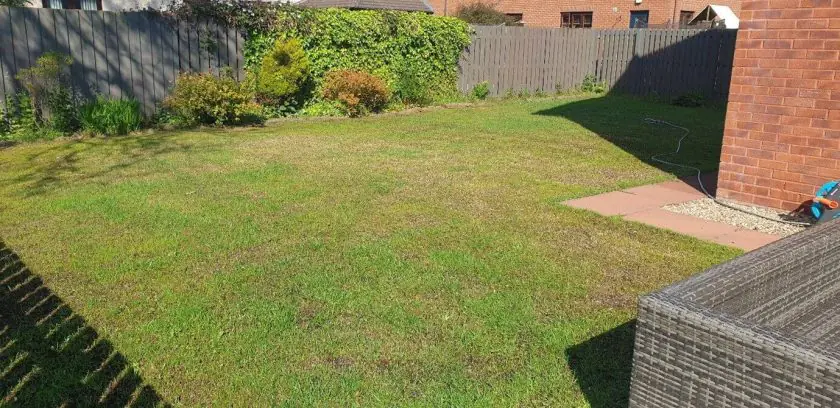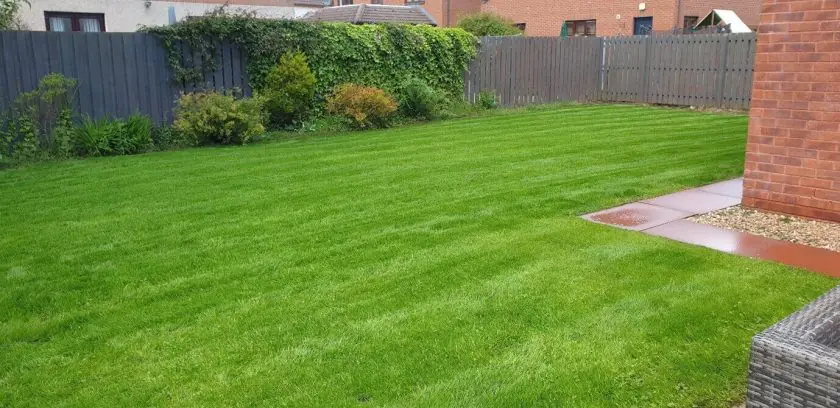How long does it take grass seed to germinate in the UK?

We’ve got a good thing growing, and you can too! Germination occurs when the grass starts to grow from their seeds, and the speed at which this will happen will be faster if the conditions are right. If the grass seed doesn't get everything it needs, you will be waiting (not literally) forever for your seeds to grow!
Three things determine how long your grass seed takes to germinate: the temperature the seed is trying to grow in, the amount of water your seed has access to and the type of seed you are trying to sow. Of course, preparing the perfect grass seedbed always helps!
The temperature your grass seed grows at
When sowing grass seeds in early spring, just because we can feel the air temperature getting warmer doesn’t mean the soil has entirely caught up. Ground temperatures take extra time to heat up and match air temperatures, which often leads people to worry to even panic over their grass seed not working “this must be a bad batch we hear you cry” but so don’t worry, give your seeds that extra time to catch up and germinate! Spring and autumn are the best times to grow grass seed for fast germination, as this is when temperatures are in the sweet spot for the establishment of your lawn – the temperature can be too high as well as too low!
Various grass species germinate at different temperatures, and which grass seed suits your lawn will determine how long your grass seed takes to grow. The most common grass seed within our mixes is perennial ryegrass and fescues, which start their germination process at different temperatures. Perennial ryegrass is a cool-season grass and will germinate when temperatures consistently hit 8-10 degrees, with the fescues in our finer mixes being a bit fussier and only coming out when the temperatures get slightly hotter at around a consistent 10-14 degrees. But we promise they are worth the wait!
For best results, always consult your weather app for a two-week forecast, ensuring temperatures are consistent for the mix you are sowing during the day and night-time, as temperature drops during the evening can affect the time it takes for your seeds to germinate. Remember to keep an eye out for frost, particularly in winter, which can kill any new seedlings that have already germinated. Also, never sow grass seed in heat waves or drought conditions!
Watering your grass seed
The main goal of watering your newly sown seeds is to ensure they stay moist, allowing the seeds to germinate. By watering your seeds daily for the first six weeks after sowing, you give your seeds the best environment to make a healthy start. A poor water regime can lead to poor results, so do not forget to keep on top of watering your new lawn - keep an eye out for prolonged rainfall, as this means you can take a day off and let nature do the work for you! Seeding your lawn on an overcast day where you expect rain means your work is done after sowing, and being blessed with the UK weather, rainy days should not be hard to come by.
Growing pains
My lawn is patchy. Will it grow? Yes! One of our most popular mixes, SUPERSTAR: Back Lawn, uses 80% perennial ryegrass, making it fast-growing and tough while containing 20% fescue providing your grass with its good looks. The ryegrass will be first to the party, sprouting and leaving your lawn looking patchy – not to be alarmed, this is normal. The fescue in our mix takes that little bit extra to germinate, and you will still achieve a fully filled lawn with the correct aftercare. Check out our before, during and after photos below to see how your lawn will look!
Before

During

After
